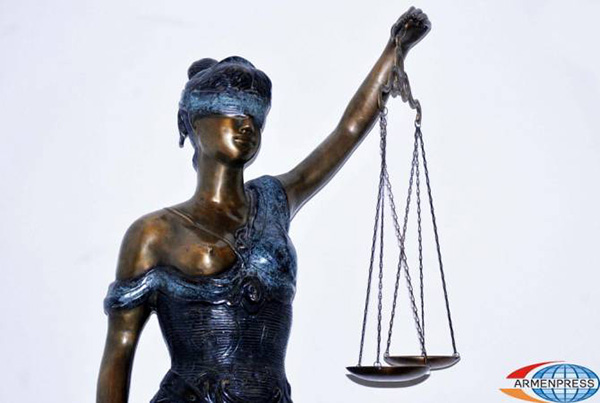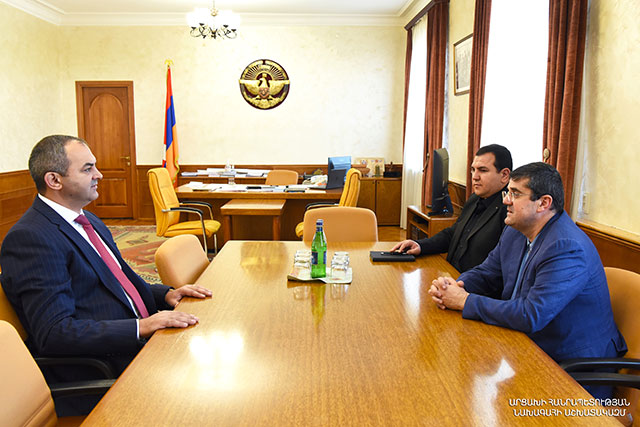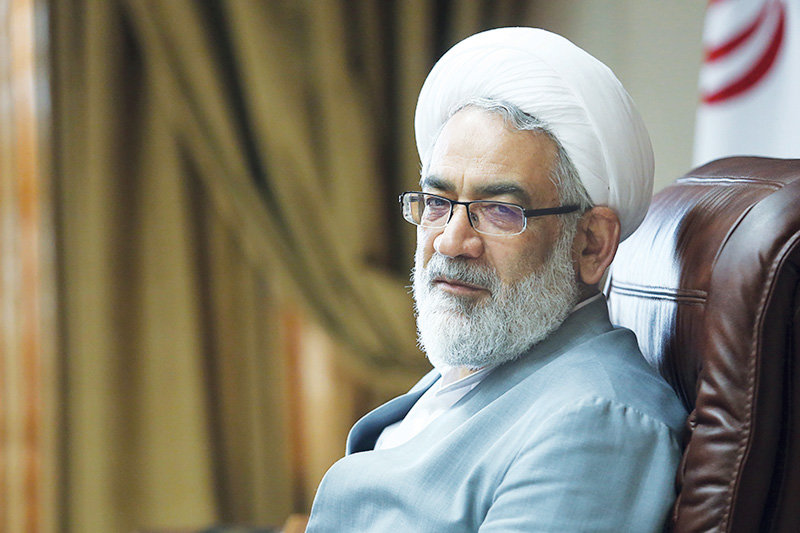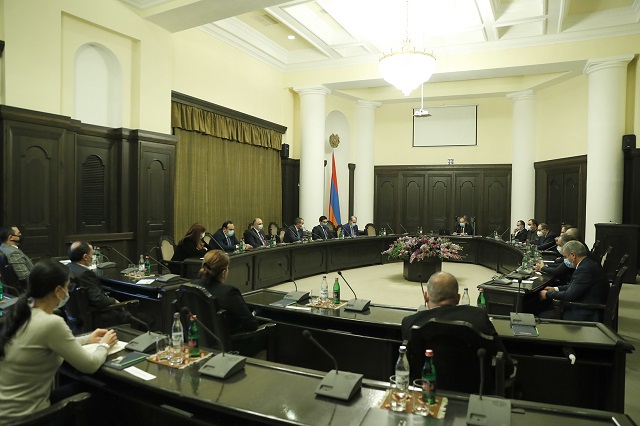ARMENPRESS. Prosecutor General of Armenia Arthur Davtyan has filed a complaint to the Court of Cassation seeking to posthumously overturn the conviction of ex-politician Smbat Ayvazyan in 2008-2009.
Ayvazyan, an ex-lawmaker and former official, was sentenced by a Yerevan court in November 2008 under Paragraph 4 Article 235 and Paragraph 1 Article 316 of the Criminal Code. He was charged with illegal possession of a non-lethal weapon, resisting officers, making threats and physical assault. Ayvazyan was given a 2-year prison sentence and was fined.
He appealed the verdict but the complaint was denied in 2009 by a court of appeals. The court even returned the complaint and didn’t launch proceedings.
Smbat Ayvazyan died in 2014.
Read also
The General Prosecution said it is examining the 2008 post-election unrest criminal cases and court verdicts where violations of rights have been recorded or where new facts on possible violations have emerged.
Ayvazyan’s case was studied as part of the review and the prosecution revealed that during the former politician’s hearing “fundamental violations of due process took place and the resulting verdict is disrupting the very essence of justice”.
The prosecution said that in addition to violating Ayvazyan’s right to due process, the charges were based on “inadmissible evidence” and the court denied the defendant’s motions without any grounds to summon witnesses to the trial, and the verdict was based on unchecked testimonies of police officers who themselves were involved in the events in question.
The prosecution also quoted a part from the ECHR’s judgment in the Mushegh Saghatelyan vs. Armenia case: “the domestic courts, in a dispute over the key facts underlying the charges which, moreover, were based on conflicting evidence, failed to use every reasonable opportunity to verify the incriminating statements of the police officers who were the only witnesses for the prosecution and had played an active role in the contested events. Their unreserved endorsement of the police version of events, failure to address properly any of the applicant’s submissions and refusal to examine the defence witnesses without proper regard to the relevance of their statements can be said to have led to a limitation of the defence rights incompatible with the guarantees of a fair hearing (see, mutatis mutandis, Kasparov and Others, cited above, § 66).
Based on the abovementioned the prosecutor general has filed a motion to the Court of Cassation requesting to overturn Ayvazyan’s conviction.
Edited and translated by Stepan Kocharyan


























































